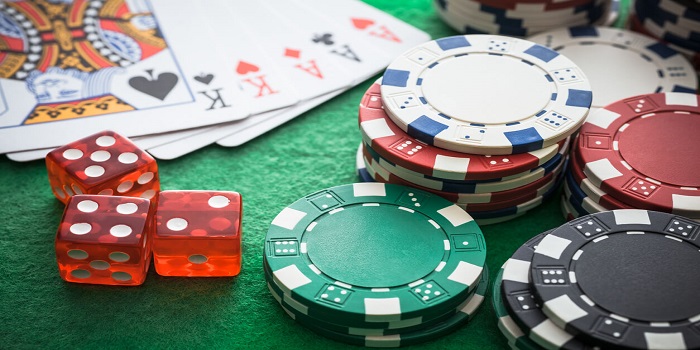The role of luck in lottery gambling success is a complex interplay between chance, probability, and human behavior. At its core, the lottery is a game of chance, where the outcome is determined entirely by random selection. This means that each ticket has an equal probability of winning, regardless of the numbers chosen or the strategies employed. Unlike other forms of gambling, such as poker or blackjack, where skill and strategy can significantly influence the outcome, lottery games are primarily reliant on luck. This inherent randomness is what draws millions of players to buy tickets, hoping that their lucky numbers will result in a life-changing jackpot. While some people believe in strategies, such as choosing significant dates or frequently drawn numbers, the reality is that each draw is independent, and the odds remain the same for every ticket. Statistically, the odds of winning the lottery are extremely low. For instance, in large lotteries like Powerball or Mega Millions, the chances of hitting the jackpot can be as low as 1 in several hundred million. This stark reality underscores the fundamental role of luck in lottery gambling.

Even players who purchase multiple tickets are still at the mercy of chance, as the random nature of the draw ensures that no amount of preparation can guarantee a win. The appeal of lotteries often lies in the potential for a massive payout, which can provide financial security and transform lives. This allure keeps people playing, even when the odds are stacked against them. The psychological aspect of luck also plays a significant role in lottery participation. Many players hold superstitious beliefs or personal anecdotes about lucky numbers and rituals that they believe enhance their chances of winning. Such beliefs can create a false sense of control over a fundamentally random process, leading to increased ticket purchases and a more profound emotional investment in the outcome. Additionally, the stories of occasional winners can perpetuate the myth that anyone can win, reinforcing the idea that luck is a primary factor in lottery success.
These narratives often overshadow the countless players who never see a return on their investment, highlighting the disparity between perception and reality. Moreover, the impact of bandar togel hk luck extends beyond the initial win. Once a player wins a substantial prize, their subsequent decisions regarding the management of that wealth can also be influenced by luck. Whether they choose to invest, spend, or share their newfound wealth can lead to further financial successes or failures, often independent of their original luck in winning the lottery. Therefore, while luck is undeniably a critical component of lottery gambling, it also interacts with personal choices, societal factors, and financial literacy, creating a multifaceted landscape of risk and reward. In conclusion, while luck is the driving force behind lottery success, the broader implications of that luck shape not only the winners but also the perceptions and behaviors of countless other players in the game.
